Publications
Articles, publications, books, tools and multimedia features from the U.S. Institute of Peace provide the latest news, analysis, research findings, practitioner guides and reports, all related to the conflict zones and issues that are at the center of the Institute’s work to prevent and reduce violent conflict.
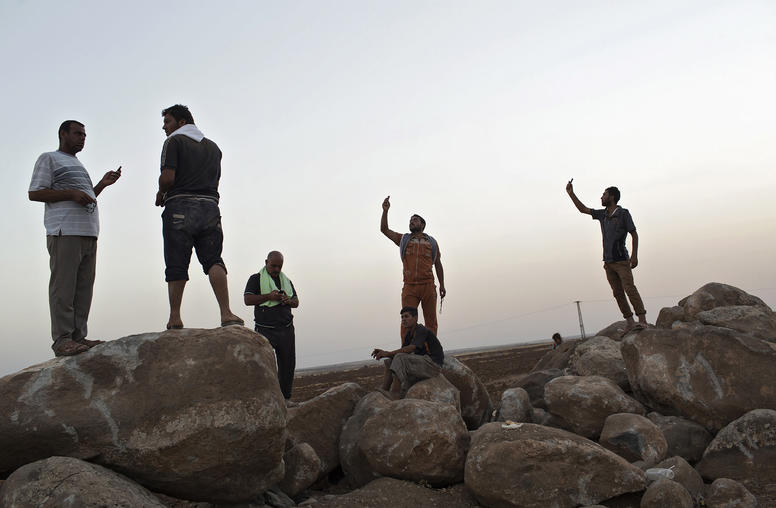
Driven from Their Homes By ISIS, Minorities Face a Long Road Back in Iraq
In 2014, Islamic State militants committed genocide against religious and ethnic minorities, particularly Yazidis and Christians, across northern Iraq. Kidnapping, rape, and murder marked this campaign of terror; thousands fled their homes. Six years later, with ISIS defeated militarily and its leader, Abu Bakar al-Baghdadi, dead following a U.S. raid, many displaced Iraqis have yet to return to their homes. The obstacles they face range from bureaucracy to a fear for their lives amid signs of an ISIS resurgence to Turkish airstrikes against groups Ankara sees as threatening its national interest.
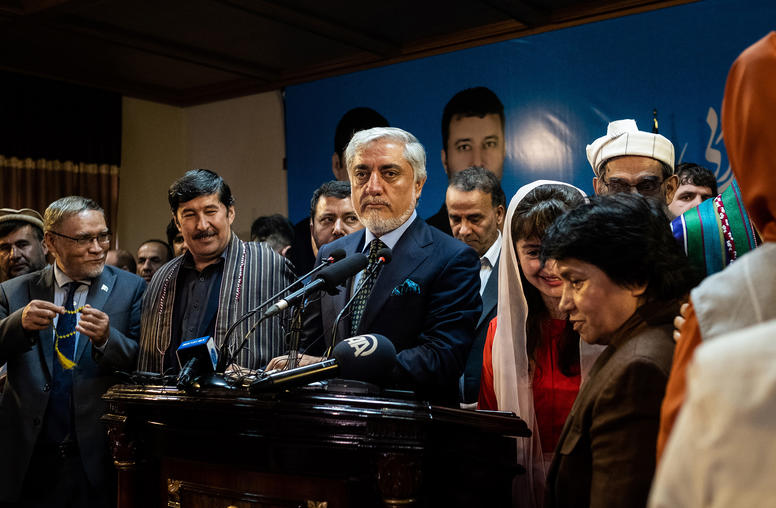
Negotiations Are the Only Way to End Afghan Conflict, Says Abdullah
The head of Afghanistan’s new peace council said yesterday that he is optimistic that intra-Afghan talks can start in the coming weeks, but increased levels of violence and details of prisoner releases may slow the start of talks. Chairman Abdullah added that the government’s negotiating team will be inclusive and represent common values in talks with the Taliban. The team “will be diverse and represent all walks of life,” Abdullah said. Afghans and analysts have expressed concern that without an inclusive negotiating team, the country’s hard-won, democratic gains could be compromised for the sake of a deal with the Taliban.

Keith Mines on Venezuela’s Spiraling Humanitarian Crisis
The humanitarian crisis in Venezuela is reaching proportions not seen in Latin America since the 1930s. Meanwhile, USIP’s Keith Mines says the country is at a “tragic impasse, and that impasse is entirely political,” as both Juan Guaidó and Nicolás Maduro maintain their respective claims to power.
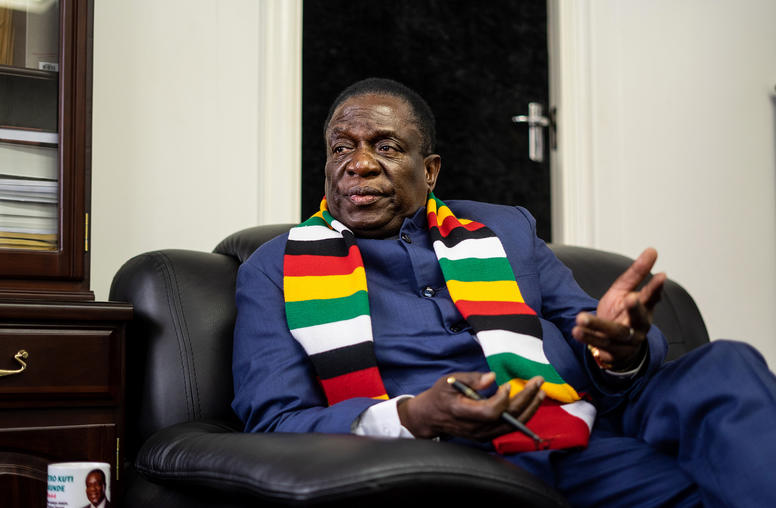
COVID Raises the Stakes for Zimbabwe’s Civil Society Movement
Countries worldwide that suffer or risk violent conflicts face a new hazard amid the COVID-19 pandemic: governments’ use of the disease as a pretext to curtail democratic freedoms and punish opposition. As COVID has spread across Africa, Zimbabwe is emerging as one of the countries most vulnerable to the disease—and most illustrative of its threat to peace and democratization efforts on the continent. Two and a half years after a military coup installed President Emmerson Mnangagwa, his government has used the health crisis to arrest members of the opposition and journalists, and divert humanitarian aid to ruling party supporters.
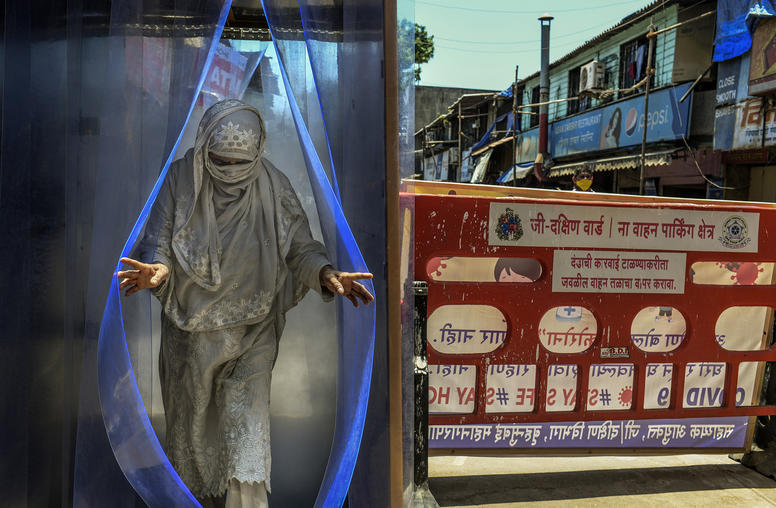
Coronavirus Tightens its Grip on South Asia
In South Asia, home to some of the world’s most densely populated nations, the COVID-19 pandemic has tightened its grip—causing infections to soar, battering economies, and plunging many into poverty. Governments have mostly struggled to cope.
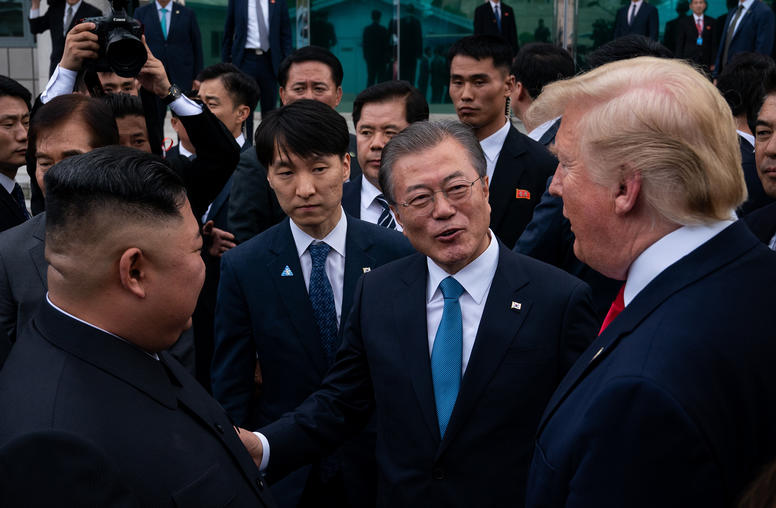
North Korea Blew Up Its Liaison Office with the South. What Now?
North Korea’s demolition this week of an inter-Korean liaison office that symbolized North-South cooperation marks a new spike in tensions between the countries, and in North Korean frustration with the United States. It was the latest in a string of inflammatory rhetoric and actions directed at Seoul and Washington since the failure of the February 2019 summit in Hanoi between President Trump and North Korean leader Kim Jong-un. The building’s demolition renews strains over North Korea’s ongoing development of a nuclear weapons arsenal, the corresponding global sanctions against Pyongyang’s illicit behavior and the 67-year failure to formalize a peace treaty following the Korean War. USIP analysts Patricia Kim and Frank Aum discuss the latest downturn.
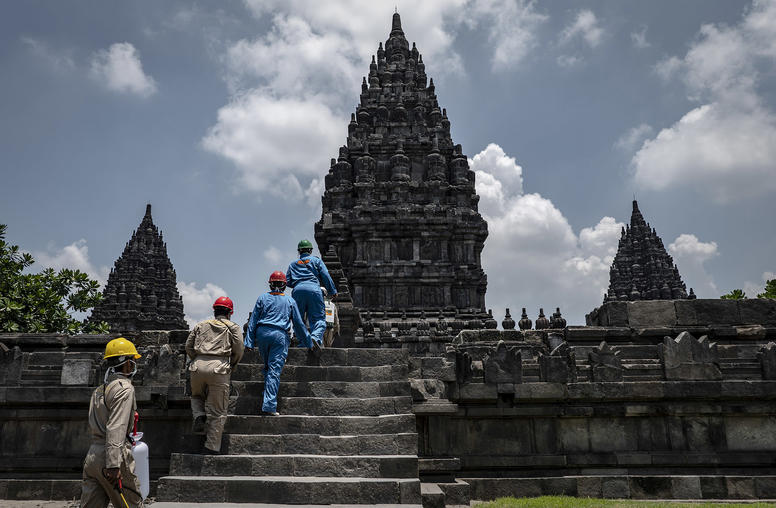
Is Coronavirus Making Southeast Asia More Authoritarian?
Southeast Asia has emerged as the regional fulcrum of strategic competition between the United States and China in the Indo-Pacific, with both the Washington and Beijing aggressively competing for influence in the 10 countries that comprise the Association of Southeast Asian Nations. This attention is well-placed, as the decisions that these countries make shape power dynamics in the broader region, influence global norms from internet governance to minority rights, and are determining along which lines the world’s most dynamic regional economy integrates.

Sarhang Hamasaeed on the U.S.-Iraq Strategic Dialogue
As the United States and Iraq engage in important talks this month, USIP’s Sarhang Hamasaeed says the focus should be “Iraq-centric policy,” even as Baghdad “is under a lot of pressure from Iran and its allies … to use the dialogue to put pressure on the United States to withdraw its troops and limit U.S. influence.”
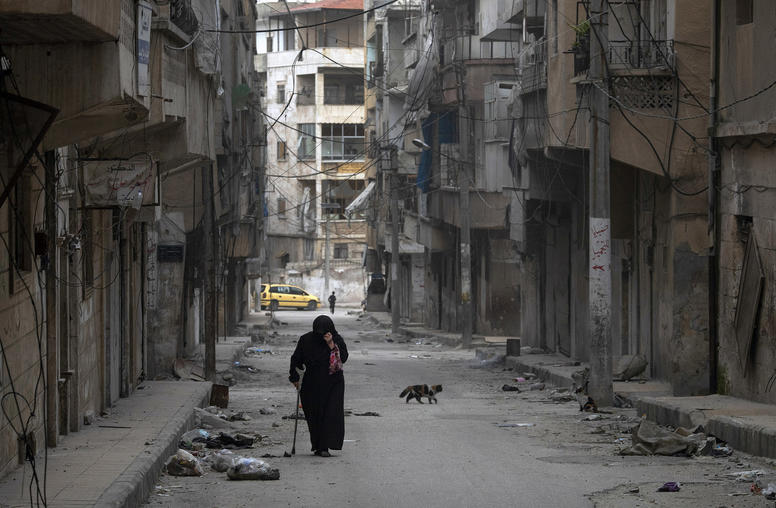
How Will New U.S. Sanctions Impact Syria’s Conflict?
After nearly a decade of civil war and strife, Syria’s long-troubled economy is in tatters with spiraling hyperinflation, food shortages, and widespread unemployment. The Syrian pound has less than a fifth of the currency’s value from this time last year. These economic woes have led to new protests in areas long controlled by the regime. Amid this economic turmoil, the U.S. Caesar Syria Civilian Protection Act comes into force today, targeted at key internal and external pillars of support for the Assad regime. USIP’s Mona Yacoubian looks at what led to the economic collapse, how the regime is responding to the protests, and the implications of the new U.S. sanctions.
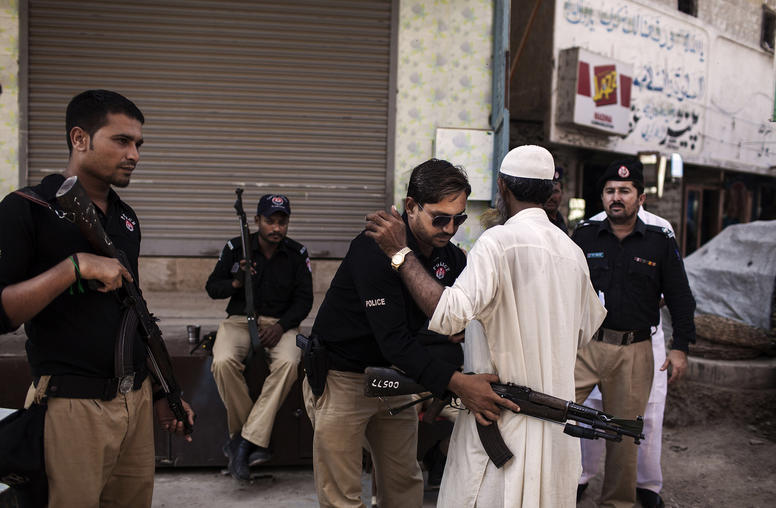
Coronavirus Pandemic Puts Police in the Spotlight in Pakistan
Police in Pakistan have found themselves in an unprecedented situation since the outbreak of the COVID-19 pandemic earlier this year. Under-resourced and poorly trained, they have struggled to ensure compliance with public health restrictions—such as lockdowns and social distancing—against a backdrop of Pakistan’s overarching governance challenges. With only outdated legal frameworks and conventional training and education to rely on, the police have largely responded to violations with corporal punishment, detentions, and arrests—actions that have been reported by the media and widely condemned.